The Franchising Model Is Unique
There are a lot of ways to get into business. Of course, you could start your own brand and create your own products. Or you could use someone else’s.
Franchising is one of those models that allow you to use someone else’s idea, products, brand, and process. Other such models include licensing, wholesale, and distributorships.
If you’re going to get into the franchising model, it is important that you understand how it works. Franchising is different. Unique. It is unique because (1) you’re dealing with a concept that has already been tested and proven, (2) that concept comes with instructions, and (3) there is a third party who has a direct financial, ongoing interest in your success - the franchisor.
(1) A Proven Concept
A franchise provides you with an existing brand. That brand has positive value. People have heard of it. Consumers have come to associate certain qualities with it. There is a level of trust and expectations that go with the name.
These benefits of the existing brand are part of what you’d be paying for as a franchisee. You’d be trading dollars for something that has already succeeded. You’re paying to not have to put in the time, money, and effort to build your own brand from square one. In many cases, the brand name is already recognizable and trusted. If you choose a franchisor, whose concept people are familiar with, you get the benefit of that brand recognition.
The roadmap and system provided by the franchisor comes with strings, of course. For the franchisor to maintain brand consistency, they have to be able to control what the franchisees do. There’s a reason, for example, that Keller Williams and RE/MAX (both franchises) websites and business cards look the same. That brand recognition from office to office is important for the business. The franchisor wants to control how the brand appears in the marketplace and wishes to make sure that customers have a positive experience. For that, the franchisor requires that they have the contractual right to control what and how franchisees run their business. To this end, they’ll require you to sign an agreement - a franchise agreement, under which you will comply with certain terms and conditions.
(2) A Franchise Comes With Instructions
In addition to creating and building the brand, a franchisor has invested the time, effort, and funds to identify a structure and process that enables the business to operate successfully. What’s more, a good franchising system has effectively documented how anyone can make it work for themselves by following specific steps. These steps that are provided for you benefit you because you don’t have to reinvent the wheel. You don’t have to engage in the trial and error that the franchisor experienced while developing the concept.
A first-rate franchising system will also provide you with thorough training, written operation materials, and ongoing support. Most franchisors will also require that you complete their training program before allowing you to operate a franchise within their system. The training program exposes you to the franchisor’s company culture and walks you through your franchise business operations.
When it comes to running the business, you can expect to receive an extensive operation manual for your use. The manual will include pre-opening procedures, employee and personnel matters, day-to-day operations, marketing, cash management processes, and everything in between. For an example of the kind of content you would find in a franchise operation manual, click here. (https://franman.net/manual-content/)
(3) The Franchisor Wants You to Succeed
In franchising, a large part of the franchisor’s earnings comes from initial franchise fees paid at the beginning of the relationship and royalty payments that are paid on an ongoing basis. That means that your success very literally equals their success. To make royalty payments, you need to be receiving income. The higher your income, the higher your royalty payments will be. It’s easy to see that the franchisor has a vested interest in your success and revenue growth. If you fail financially, you won’t contribute to the franchisor’s bottom line, and the failure of one unit in the system reflects poorly on the rest of the system.
The franchising model comes with give and take. You pay for the ready-made brand and operating system in money and flexibility.
It may be a great model for some, but is it the right model for you? I hope this article has helped answer that question.
